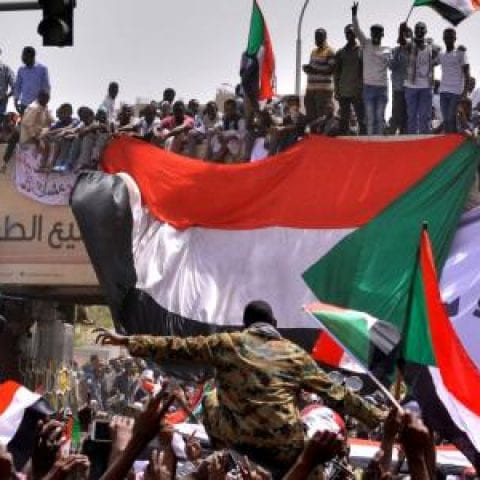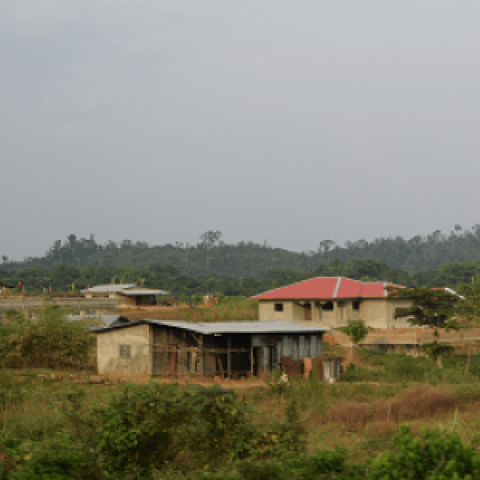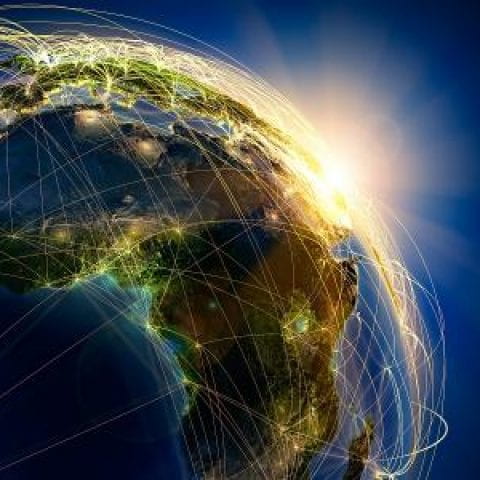Sudan And Military Supervised Transitions In Africa?
Cosmas C. Emeziem, J.S.D
Researcher, Law, Cornell University
Undoubtedly, egregious human rights violations are currently going on in Sudan. The head counts are still ongoing in the face of the increased crackdown of the military against prodemocracy groups and citizens. But Sudan is part of the broad crises of democracy around the world today. The guardrails seem to be tearing off in many places. Even the odd idea of democratic dictatorship now has many admirers. This is especially so in Africa. The reasons for the challenges facing democracy in many places on the planet are quite similar. They include cultural changes and fear of cultural hegemony, migration/immigration, structural inequality, religious nationalism, native nationalism, climate change and displacement arising from loss of productive capacities in many communities, disinformation through the internet, poverty, and overall social and economic exclusion. The peculiar nature of the problem in the African region is further complicated by the entrenched nature of the military in politics.
The military looms over the democratic space so much in many of the countries. Hence, the entrenchment of the military in transitions in African states is like the Sisyphean challenge. From the North to the South, citizens are serially subjected to the difficult challenge of rolling off one dictator or another. Military leaders mutate and come back to torment the people and democracy. In all this, the deepening of democratic norms and values are eschewed because their focus is to keep power and sustain their hold on power with the resources of the state. Beyond commodity licensing and rent collection, meaningful economic productivity, development and self-reliance are nearly abandoned. What this has achieved is to make a mockery of democracy and also create a litter of fragile states whose survival are hinged on authoritarian leadership. These authoritarians make elections irrelevant because, they can win by mobilizing the coercive instruments of state – police, army, courts, secret services, and elite presidential brigades, militias in order to hijack electoral processes. This has made it difficult to call them to account because they do not owe their mandate to the electorate.
It is therefore imperative for any admirer of democracy and transformative development for Africa to be concerned about the military supervision of transitions in the continent – especially with respect to Sudan. The Sudan military junta – now undergoing metamorphosis should be seen for what it is – anti-democratic body transforming itself, in order to remain the guarantor and ultimate beneficiary of the transition. Thus, the military has continued to determine the pace of things – suspending negotiations as they deem fit – despite the best efforts of pro-democracy groups. But they must not be allowed to use ongoing negotiations with civil society to transform and regain absolute power; else, the entire movement would be in vain. Sudan is in dire need of democratic and developmental transformation. It has endured so much suffering and pain in the last three decades and the harmful effect of military supervised transition on democracy is apparent to any careful observer of the continent. The dissonance and disillusion it creates in the body polity, are not in the best interest of the people and could serve as ready foundations of further conflict and human displacement in the region.
Hence, there are a few crucial points that must be taken to heart in the case of Sudan by all those involved in the efforts to find a meaningful, sustainable, and transformative democratic transition in that Country. First, time is of the essence of this transitional process. It has taken more than three decades for the formation of this coalition of local democratic groups. They have also arduously managed to meaningfully mobilize in order to put Bashir and his cohorts on the back foot. If given enough time, the military will renew itself and regain the public spaces from which they have been pushed back. The killings and clashes of the past weeks are indicative of the resolve of the military to quash the democratic movement.
The job of nation building – which includes, institutional reform, creation of systems, and reclamation of the public sphere – is not that of the military. What this means is that the military has to step back timeously and let the Sudanese people decide what they want. Conduct of elections for the new Sudan need not be done by the Military Junta because its lacks enough distance from the struggle to conduct a free, fair, and credible election. Therefore, the junta should not be allowed to use the purported need to conduct elections to extend its stay. As time passes, the civil society may lose focus and energy. The fatigued populace may soon want to move on with their lives. The high endurance of the citizens may well come to an end soon enough, thus allowing the military to determine the fundamental issues of transformative democracy.
Second, the apparent implication of the military junta in the events of the past – especially so the killings on the streets in the past few weeks – including human rights violations, robs it of the capacity to set-up a through-going transitional mechanism in the country. The international community led by the AU should insist on the civil society groups taking the initiative in any process that will form part of the post-authoritarian processes in Sudan. They should prevail on the military to give the Sudanese people a chance to fashion out the society they want.
The regional implications of what is going on in Sudan must not be underestimated. Lessons of the Arab Spring have not been lost on the regional powers —who themselves seat on massive authoritarian decks. Already countries like Saudi Arabia have fully resumed their efforts to diplomatically have some hold of the transition by pledging huge sums and making actual deposits into the Sudanese Central Bank. The fall of Bashir and what the social movement on the streets of Khartoum signifies for their own citizens is well appreciated. If not vigorously pursued, the gains made so far might be compromised. The tendency for leaders to give support to each other in the continent because of their collective fear of accountability is enough reason to be apprehensive. Sudan needs support now.
More so, the public glare – both in the traditional and social media – should be kept glued to the events in Sudan. The tendency for the world to move on to the next event has a way of giving the anti-democratic elements in society an opportunity to manipulate themselves into more flexible spaces within the community hence making the transitions less than transformative. The world cannot afford indifference in Sudan. The charging and trial of Bashir should not be confused with the need for a true transitional justice effort in the larger scheme of things. The military junta is ill-equipped to render true and thorough going accountability. The military should be nudged to leave and let the people begin the real process of transition, transformation and development as they consider good. The world needs to support Sudan as it navigates this slippery slope. In the least, Sudan should not become yet another footnote in the array of failed military supervised democratic transitions in Africa, because the world moved on so soon.



